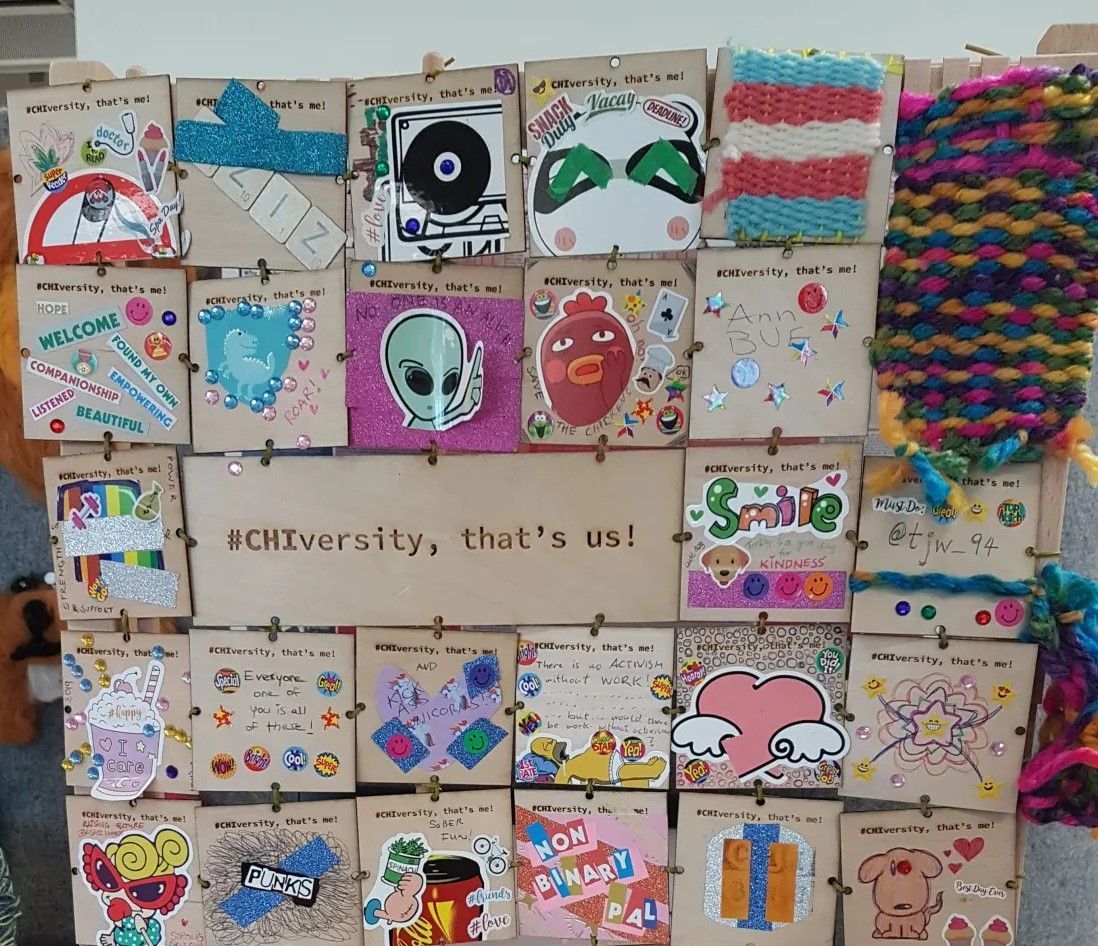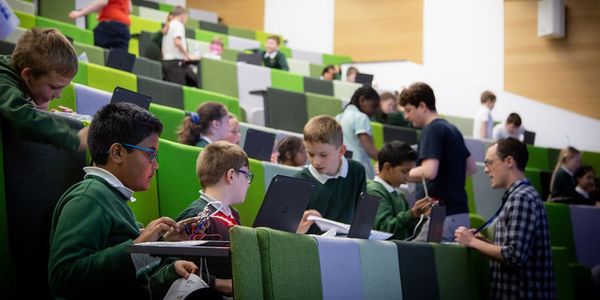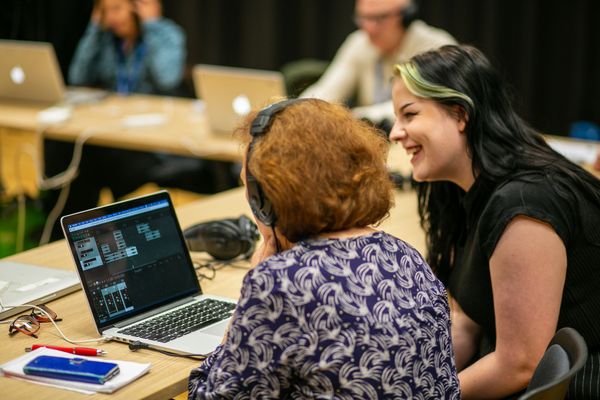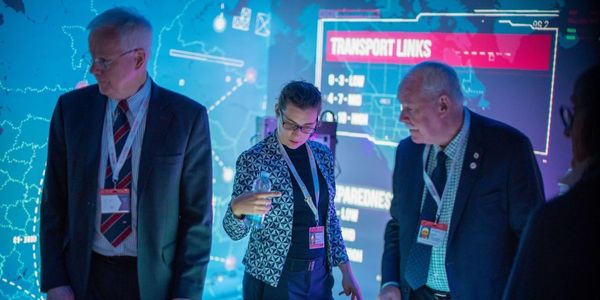
In 2019 Angelika Strohmayer became the first graduate from the Engineering and Physical Sciences Research Council (EPSRC) Digital Civics CDT programme. Through her research Angelika worked closely with charities in the design, development, and evaluation of digital technologies for service delivery and advocacy work.
During her PhD she worked with a number of UK and international charities who supported sex workers, to explore the different ways they were already using digital technologies, and how future inclusive digital technologies might be designed to facilitate NGO activities.
Angelika now works at Northumbria University as an Assistant Professor and co-founded the Design Feminisms Research Group.
Diversity across HCI
Angelika was one of the founding members of the fempower.tech community, a feminist tech collective aiming to raise awareness of, and improve experiences of marginalised people researching and working in the Human-Computer Interaction community.
At the ACM CHI 2018 conference (A ranked CORE conference), members from fempower.tech and other feminist HCI groups ran a Special Interest Group on Feminist HCI. In repsonse to issues at the conference that year, they wrote a community-led open letter to 1st time CHI attendees and the wider CHI community which was read at the SIGCHI Town Hall meeting that year.
These letters, and the building of community around writing them, contributed to ongoing changes at the CHI conference, and led to the establishment of the first-ever 'equity chairs' at CHI2019 - Cayley MacArthur and Cale Passmore.
fempower.tech is now an international network of feminist researchers and practitioners who work with technologies, advocating for more inclusive workplaces locally in our own workplaces and at large international gatherings such as conferences.
Since 2017, fempower.tech have run and continued to run a CHIversity campaign ever year; moving from a small set of informal activities that took place during the conference to a programme of hybrid activities and events as well as (to our knowledge) the first alcohol-free evening event at CHI.
Angelika was also the co-organiser of the CHIclusion workshop at CHI 2019 - working towards a more inclusive HCI community.
Digital Economy Diversity Network
In 2017 Angelika and Janis received funding to set up the Digital Economy Diversity Network to put on four workshops at different universities for CDT students part of the Digital Economy Network (DEN), a five-year national doctoral training network of 11 EPSRC-supported Centres for Doctoral Training (CDTs). The DEN ran between April 2014 and September 2019.
The aim of the Diversity Network was to create a space to talk about how DEN could tackle issues around diversity, looking beyond just creating ‘gender balance’, and instead at how they could support people from a diversity of backgrounds across DEN.
The Digital Economy Network provided extra funding for two PhD students who may not have been able to attend CHI 2019 to go to the CHIclusion workshop. This was part of helping to widen access to the conference.


